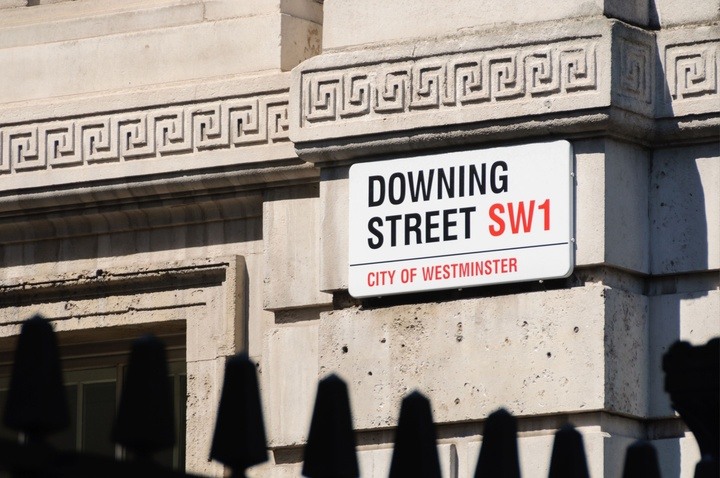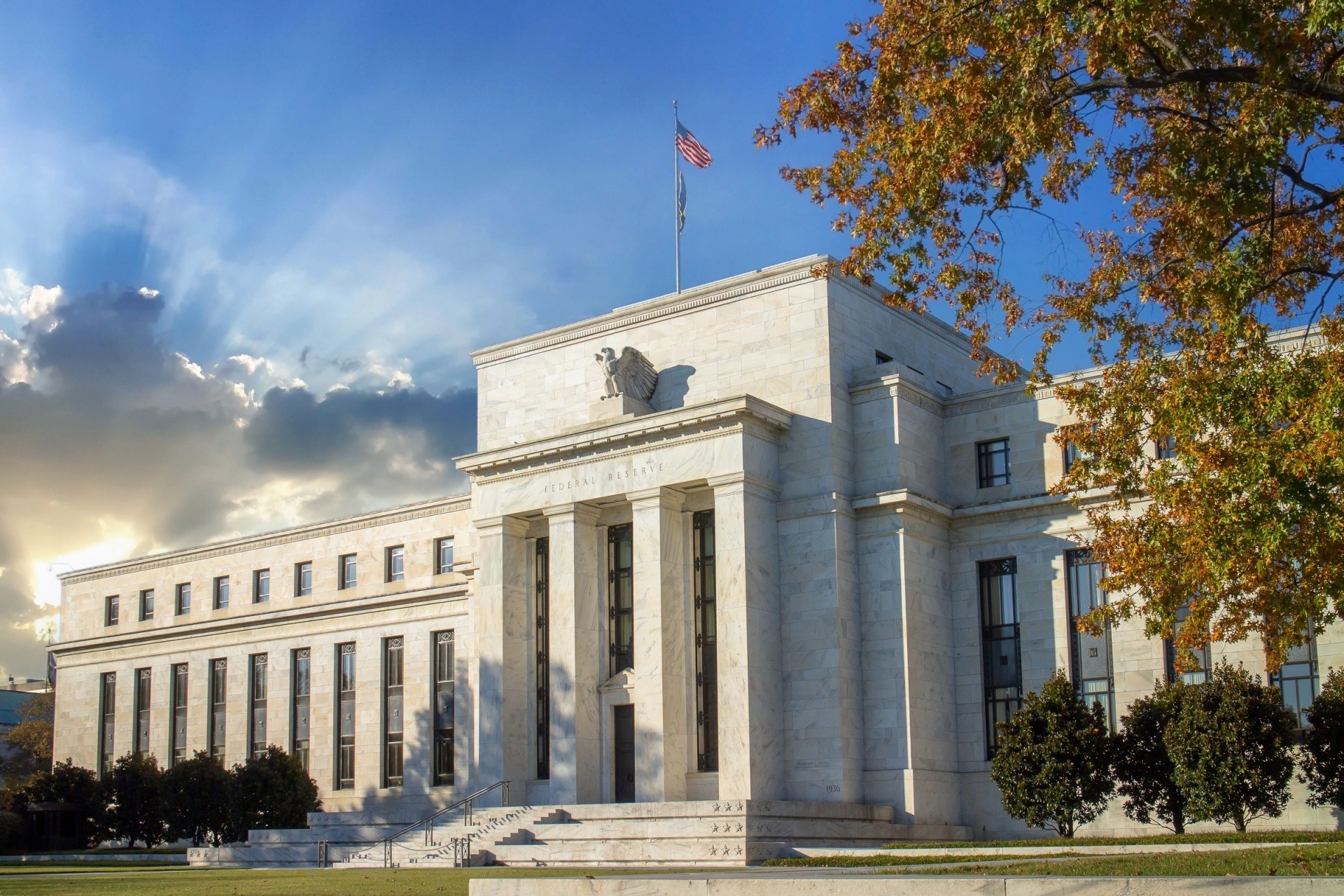Weekly Briefing: UK Bank Monzo Turns Profitable, BRICS Economic Ascension, and UK Property Market Supply Surge
This week’s briefing highlights significant developments in the global and UK economies, alongside notable advancements in the banking and property sectors.
Key topics include Russia's rise in the global economic rankings, the growing UK property market, and Monzo's impressive financial achievements as fintech expands its footprint in the digital banking industry.
UK Business
UK Neobank Monzo Marks First Profitable Year
- Monzo has recently reported a profit before tax of £15.4 million, a sharp contrast to the £116.3 million loss in the previous year.
- CEO TS Anil highlighted, “This was a landmark year of record growth for Monzo,” CEO TS Anil said in a news release. “We surpassed 9m personal customers, 400,000 business customers, launched game-changing new products, closed a £500m capital raise and, as planned, reported our first year of profitability.”
- Despite the company already planning to expand to the U.S., Monzo now plans to expand into Europe, using Ireland as a “gateway“, and introduce new products like pensions and expanded mortgage features.
- In a related development, Atom Bank, one of our portfolio companies at GCV, also achieved its first annual operating profit in 2023, showcasing the growing demand for app-based banking models.
UK Property
UK Property Market Sees Highest Supply in Eight Years
- The UK currently has £230bn ($293bn) worth of houses on the market, the highest supply of homes in eight years. This increased supply is expected to help keep house prices stable for the rest of 2024.
- Zoopla has reported a 13% increase in sales agreed year-on-year, indicating growing confidence among homeowners to move.
- The increase in supply has been driven by a rebound in the number of three and four-bedroom homes for sale, as existing owners feel more confident about moving after the initial shock of rising mortgage rates.
- Zoopla indicates that the announcement of the upcoming general election in July will likely slow the pace of new sales agreements temporarily, but the overall market stability should remain intact.
- The lack of significant policy differences between the major political parties suggests that major disruptions in the housing market are unlikely due to the election.
- Executive director at Zoopla, Richard Donnell, has said, “The growth in the supply of homes for sale is evidence of renewed confidence amongst homeowners, some of whom delayed moving decisions in 2023. The quarterly rate of house price inflation has picked up in recent months as more sales are agreed and prices firm.”
UK Investing
UK Equity Fund Outflows and Market Dynamics
- In May, total UK equity fund inflows dropped to £775 million, two-thirds lower than the January-April average. This decline followed a very strong start to 2024, which saw record inflows of £8.9 billion.
- The FTSE 100 set seven record closing prices in May, driven by optimism over potential interest rate cuts. However, the index retraced later in the month, contributing to the outflow of funds.
- Profit-taking after a record-setting FTSE 100 rally led to £1.11 billion in outflows from UK funds.
- The sharp outflows from UK funds pose challenges for policymakers and regulators who aim to attract more investment into the London Stock Exchange. Both major political parties are focusing on revitalising the capital markets ahead of the general election on 4 July.
- Glyn remarked, “While buoyant markets usually attract new capital, many investors have seemingly chosen the UK rally as an opportunity to jump ship rather than a moment to reappraise the UK’s prospects.”
- Despite these outflows, opportunities for investing in individual UK companies remain promising, particularly through tax-efficient schemes like the EIS (Enterprise Investment Scheme) and SEIS (Seed Enterprise Investment Scheme).
- These schemes offer significant tax reliefs that help offset risks, making them an attractive option for investors looking to support early-stage companies. By Investing in individual companies through EIS and SEIS also allows investors to be more thorough about their choices, as opposed to investing in funds where decision-making is out of their hands.
Global Economy
Russia is Now the 4th Largest Economy in The World
- Russia has ascended to become the 4th largest global economy by purchasing power parity (PPP), joining China and India in the top five, according to the World Bank.
- This ascent underscores the increasing influence of BRICS nations and signals a shift towards a more multipolar world economy. The BRICS alliance is no longer a mere coalition of emerging economies but a formidable economic bloc.
- The BRICS group has expanded its membership, welcoming the UAE, Iran, Egypt, and Ethiopia which has further strengthened the alliance's economic power.
- Russia's economic momentum enabled it to surpass Germany last year. Consequently, Germany has now fallen to the sixth position globally.
- Looking ahead, projections indicate that India could emerge as one of the world’s dominant economies by 2028. If these projections hold true, India’s rise could potentially reshape the global economic landscape, reinforcing the trend towards a multipolar world.
Final Note
As we round off this week’s diverse range of topics, spanning global economic shifts to the UK property market, the rise of Monzo stands out.
Their remarkable journey from inception to profitability not only highlights the fertile ground for innovation within the UK, but also underscores the nation's capacity to nurture and support entrepreneurial ventures.
%20(3)%20(2).jpg)







